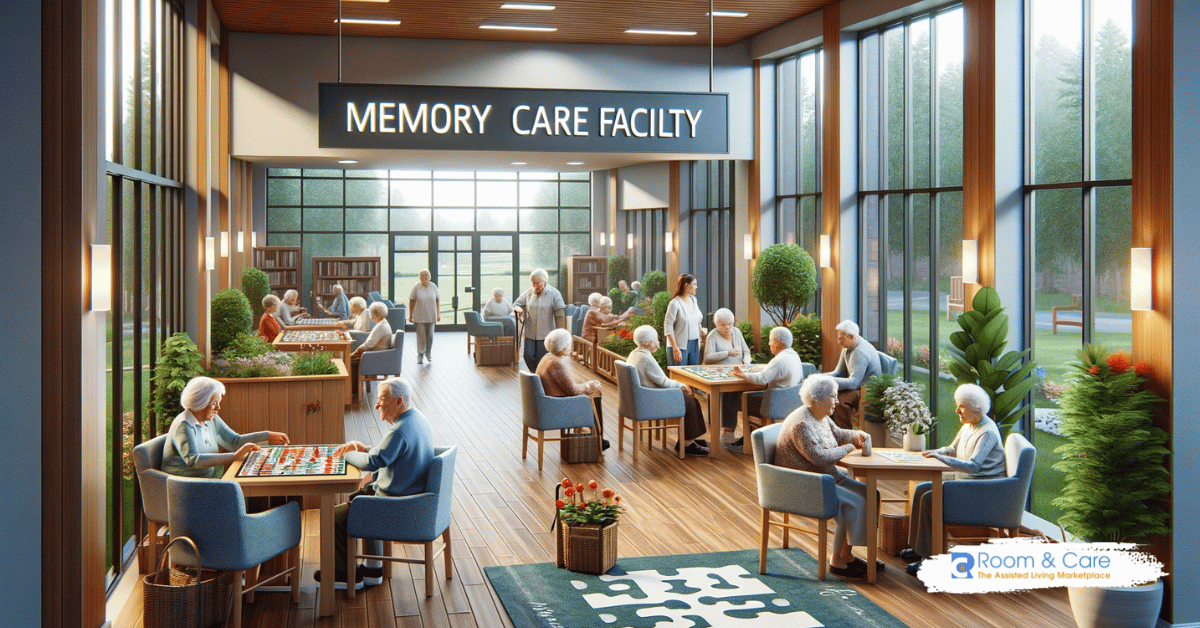Thoughtful Alzheimer's Look after Your Enjoyed Ones
Identifying the psychological and psychological demands of people affected by this problem is extremely important in enhancing their top quality of life. As we explore the numerous strategies and methods that can transform caregiving into an extra caring experience, it comes to be clear that the trip is as much concerning the caretaker as it is about the specific with Alzheimer's.
Understanding Alzheimer's Disease
Alzheimer's condition is a progressive neurodegenerative disorder that mostly impacts cognitive feature, causing memory loss, impaired thinking, and changes in behavior. It is the most typical kind of dementia, representing 60-80% of all situations. The illness commonly materializes in people aged 65 and older, although early-onset Alzheimer's can take place in more youthful individuals.
The pathophysiology of Alzheimer's involves the buildup of amyloid plaques and neurofibrillary tangles in the brain, resulting in neuronal deterioration and synaptic loss. These changes interrupt communication between mind cells, progressively impairing cognitive capabilities and daily performance. Early signs and symptoms might include problem bearing in mind current occasions and obstacles in problem-solving, which can rise to disorientation and problem with language.
As the disease breakthroughs, individuals might exhibit extensive memory shortages, confusion about time and area, and difficulty identifying loved ones. Behavioral changes, including frustration, anxiety, and withdrawal, might also occur. Comprehending the clinical development of Alzheimer's is critical for caregivers and doctor, as it notifies reliable management approaches and treatments tailored to the requirements of people influenced by this incapacitating problem.
The Significance of Compassionate Treatment
Thoughtful care is important in supporting people with Alzheimer's condition, as it significantly improves their quality of life. This technique focuses on the emotional and mental well-being of clients, fostering an atmosphere that advertises regard, self-respect, and understanding. Individuals with Alzheimer's commonly experience complication, frustration, and anxiety, which can be alleviated via caring communications.
Empathy in caregiving not just assists in identifying the special needs of each person but additionally strengthens the caregiver-patient connection. When caretakers approach their roles with compassion, they develop a secure room where patients feel valued and comprehended, which can reduce behavioral obstacles related to the condition. This supportive environment motivates much better communication and engagement, promoting a much more effective feedback to the care given.
Furthermore, thoughtful care extends past the individual; it additionally incorporates support for households. Caretakers who practice empathy are much more geared up to resolve the psychological concern faced by loved ones, giving confidence and advice through a difficult trip. Inevitably, the value of thoughtful care lies in its capacity to transform the caregiving experience, resulting in improved end results for both people with Alzheimer's and their family members.
Practical Caregiving Approaches
Efficient caregiving for individuals with Alzheimer's disease requires sensible strategies that address the one-of-a-kind difficulties presented by the problem. One of the primary techniques is establishing a constant daily routine, which can give framework and knowledge, lowering stress and anxiety for both the caregiver and the individual. Caregivers ought to additionally streamline jobs by damaging them down right into smaller, workable steps, therefore enhancing the person's sense of accomplishment and minimizing aggravation.
Interaction is an additional important facet; caretakers ought to utilize clear, simple language and preserve eye contact to cultivate understanding. Utilizing visual cues, such as photos or tags, can better help understanding and navigation in the setting.
Security is extremely important. Adapting the space to remove dangers-- such as safeguarding rugs or setting up grab bars-- can assist protect against crashes. Additionally, caregivers must motivate independence by enabling individuals to engage in familiar tasks, which can strengthen self-worth and advertise health.
Emotional Assistance Strategies
Psychological health is an essential part of take care of individuals with Alzheimer's condition, as it straight influences their lifestyle. Alzheimers Care Charlotte. Offering emotional assistance methods can considerably improve their daily experiences and cultivate a complacency and belonging
One effective strategy is energetic listening, which entails offering full attention to the person, acknowledging Go Here their feelings, and responding with empathy. This method assists the individual really feel valued and understood, minimizing feelings of isolation or irritation. In addition, using recognition therapy can be helpful; as opposed to fixing mistaken beliefs, caretakers can verify the person's feelings and experiences, promoting a relaxing environment.
Taking part in memory treatment is one more effective method, permitting people to share memories, sensations, and tales connected with their past. This not just promotes cognitive function yet likewise reinforces emotional links. Incorporating familiar songs or art can also stimulate favorable feelings and spark joyful communications.
In addition, making certain normal physical touch, such as holding hands or gentle hugs, can provide convenience and reassurance, reinforcing emotional bonds. These strategies, when regularly applied, can develop a nurturing environment that supports the emotional health of people with Alzheimer's, improving their overall wellness.
Producing a Helpful Setting

First of all, consider the physical layout of the living room. Clutter-free locations, acquainted furniture plans, and distinct paths can decrease complication and promote flexibility. Utilizing soothing colors and ample lights can even more improve the atmosphere, making it much more inviting and much less frightening.
Second of all, consistency is important. Keeping a predictable everyday routine helps people with Alzheimer's feeling much more safe and secure. Acquainted tasks, normal dish times, and scheduled social communications can substantially reduce stress and anxiety and disorientation.
In addition, sensory elements play an important role. Including familiar fragrances, songs, and responsive things can stimulate favorable memories and boost involvement. Personalizing the room with cherished pictures and purposeful items can likewise cultivate a sense of identification.
Conclusion
Thoughtful Alzheimer's care substantially enhances the high quality of life for individuals impacted by this progressive disease. Eventually, this strategy not only provides vital convenience and support read but likewise encourages individuals to browse the complexities of Alzheimer's with dignity and poise.
As we check out the numerous techniques and methods that can change caregiving right into a much more caring experience, it ends up being clear that the trip is as much regarding the you could try these out caretaker as it is concerning the specific with Alzheimer's.

Caring care is necessary in sustaining individuals with Alzheimer's disease, as it substantially enhances their quality of life - Alzheimers Care Charlotte. Inevitably, the significance of compassionate care lies in its capacity to change the caregiving experience, leading to enhanced results for both individuals with Alzheimer's and their households
Thoughtful Alzheimer's care dramatically improves the high quality of life for people impacted by this dynamic condition.